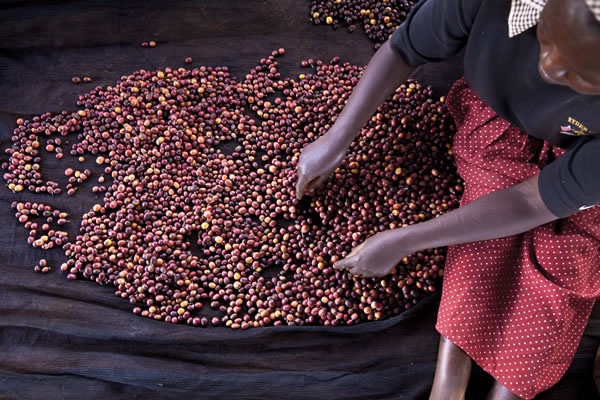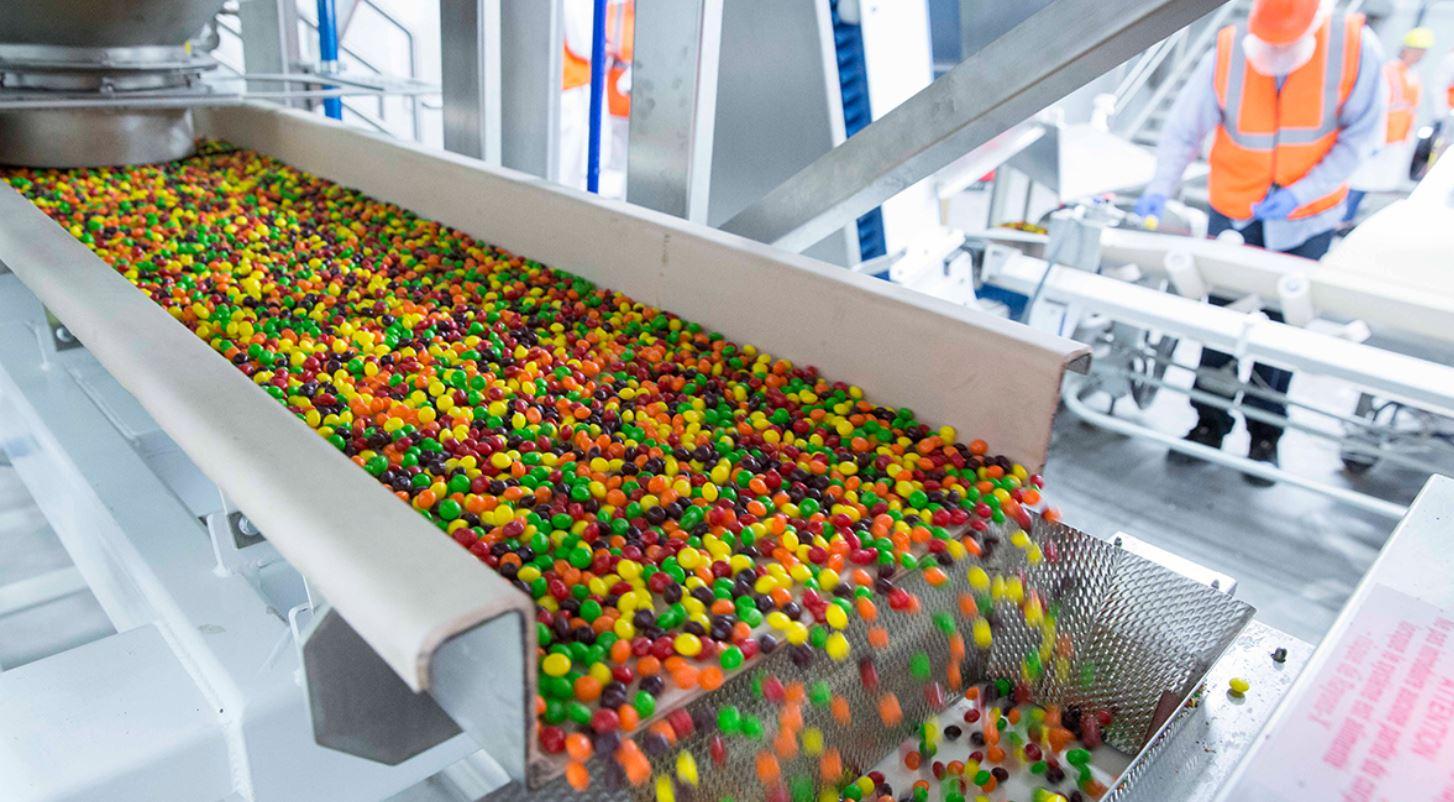Mars Wrigley has published its cocoa human rights report, outlining its progress towards the target of 100% of its cocoa being sourced under its Responsible Cocoa programme by 2025.
The report, ‘Respecting Human Rights in the Cocoa Supply Chain’, provides updates on progress towards its target of ensuring that all of the company’s cocoa is sourced responsibly by 2025. This is part of Mars’ $1 billion Cocoa for Generations strategy which focuses on protecting children, preserving forests and improving farmer income.
This latest report outlines the innovative approaches and joint action from industry, governments and civil society organisations needed to address inequality, poverty and human rights risk in cocoa farming communities.
In its new report, the company highlights the progress made so far on tackling child labour. For example, nearly 70% of cocoa sourced from Cote d’Ivoire and Ghana now comes from farmer groups that have Child Labour Monitoring and Remediation Systems (CLMRS) in place – an increase from 51% in 2019.
When it comes to poverty, the report states that in order to support systemic change at scale and help improve the income of farmers, all actors in its supply chains “need to do their part, and digital and financial systems put in place so that money intended for the farmers actually reaches them”. Therefore, access to a bank account and farmers’ use of the account or mobile money must be increased.
Andrew Clarke, Mars Wrigley Global President sees this cocoa human rights report as a critical tool for opening more dialogue, sharpening focus and invoking collective effort to transform the cocoa supply chain.
He said: “Publishing our experience – sharing what we believe works and what doesn’t – is essential to confront the realities of the cocoa supply chain. While we take pride in our individual efforts, sustainable cocoa farming cannot exist when farmers’ rights are not respected and when they are not paid fairly for their labour across the entirety of the sector.
“To achieve meaningful impact that enables cocoa farmers to thrive, public-private partnerships coupled with appropriate due diligence legislation where needed will be essential. Together these enablers can help improve farmer income and advance respect for human rights in cocoa growing communities,” said Mr. Clarke.
Mars Wrigley’s complete progress report, Respecting Human Rights in the Cocoa Supply Chain, can be viewed here.







